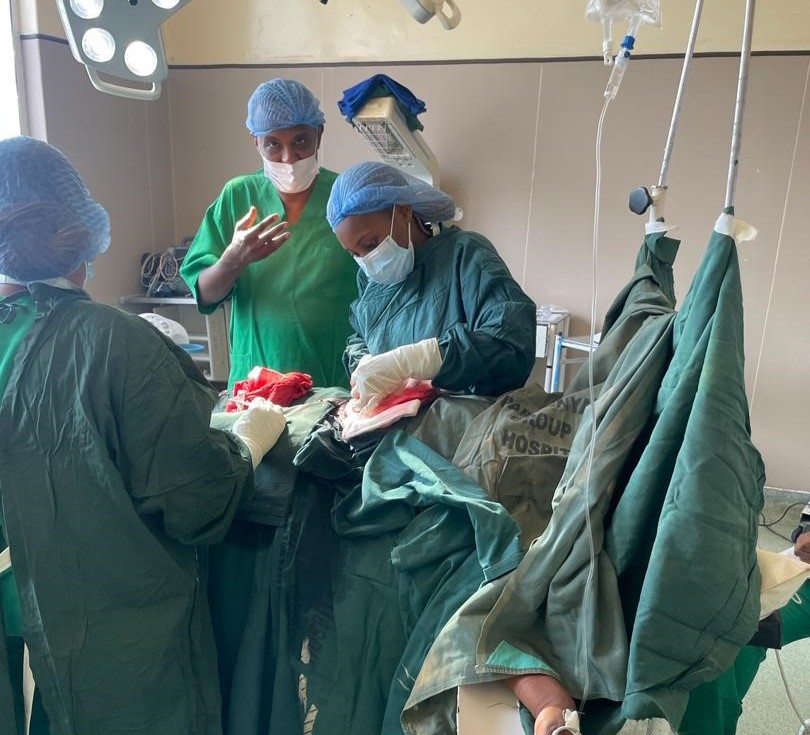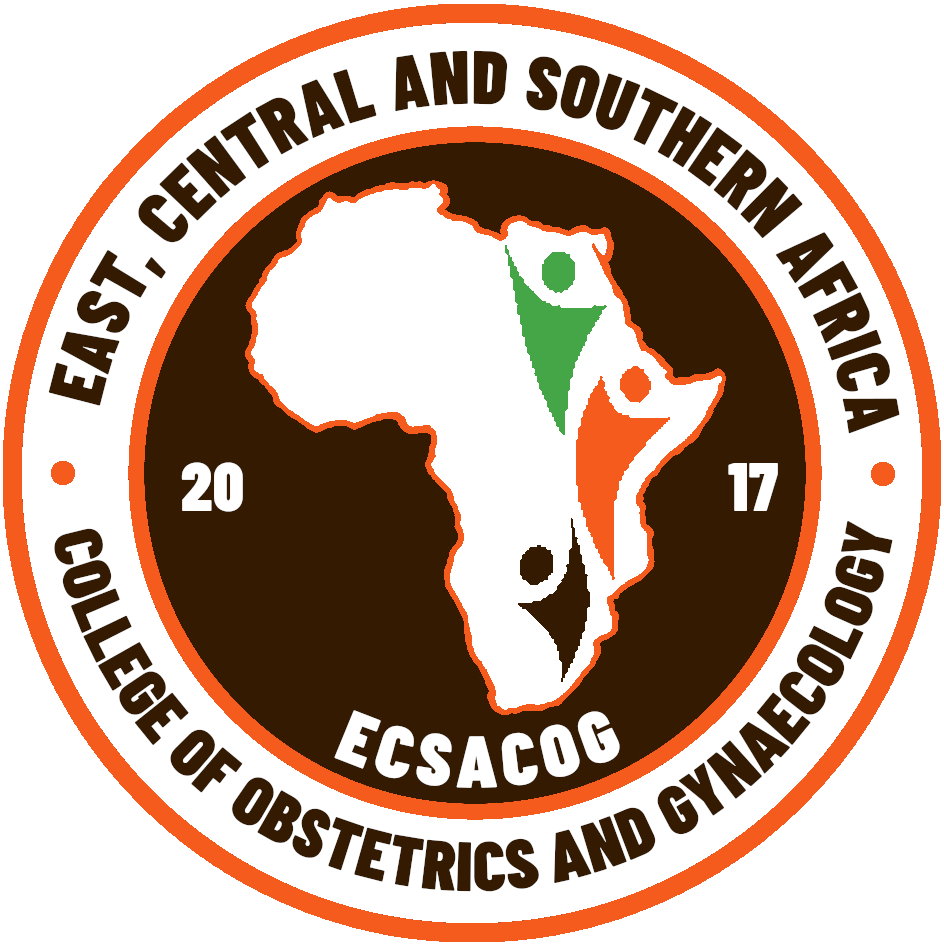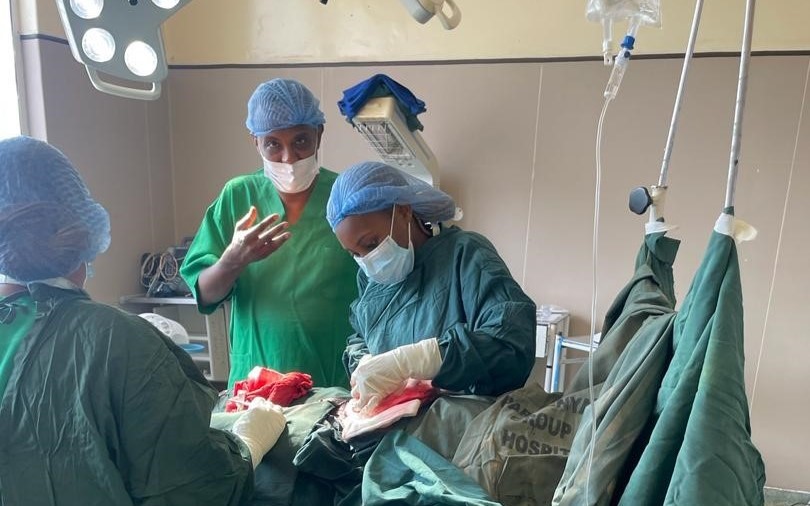In the pursuit of excellence in healthcare provision, continuous training and mentorship are indispensable components. In Zimbabwe, the commitment to bolstering the quality of training and the delivery of maternal healthcare services led to the inception of a comprehensive clinical mentorship program. This initiative aims not only to monitor training quality but also to enhance practical and theoretical skills across various training sites. The recent implementation of the mentorship program marks a significant stride towards realizing this objective.
Objectives of the Mentorship Programme:
The objectives of the clinical mentorship program are multifaceted, each contributing to the overarching goal of elevating the standards of maternal healthcare training and practice. These objectives include:
Overseeing Training Progress and Quality: Ensuring both theoretical knowledge and practical skills are effectively imparted and implemented within training sites.
Facilitating Discussions and Action Planning: Engaging trainees and trainers in constructive dialogues to address challenges and devise actionable solutions for continual improvement.
Assessing Integration of Sexual and Reproductive Health (SRH) into Training: Evaluating the incorporation of SRH principles into training curricula and identifying areas for enhancement.
Shadowing on Obstetric Skills: Providing hands-on guidance and supervision on essential obstetric skills such as Cesarean Section (CS), Manual Vacuum Aspiration (MVA), and management of Labour and Delivery.
Providing Technical Support and Delivering Lectures: Offering technical expertise and conducting lectures on pertinent SRH and obstetric topics including Voluntary Counselling and Testing (VCAT), Comprehensive Family Planning, and Clinical Assessment of Cervical Cancer (CAC).
- Conducting Teaching Rounds: Facilitating teaching rounds in maternity and CAC wards to foster a collaborative learning environment and reinforce practical skills acquisition.
Implementation and Impact:
The inaugural round of the mentorship program took place from 11th to 15th March 2024 across four prominent healthcare institutions in Zimbabwe: Mpilo Central Hospital, United Bulawayo Hospitals, Parirenyatwa Group of Hospitals, and Sally Mugabe Central Hospital in Harare. During this period, a series of activities were conducted to achieve the outlined objectives.

Key Activities Undertaken:
The mentorship activities encompassed a diverse range of engagements designed to provide comprehensive support and guidance to trainees. These activities included:
Shadowing at Antenatal Care (ANC) Clinics: Observing and participating in ANC clinic procedures to enhance understanding and application of prenatal care protocols.
Clinical and Teaching Rounds: Collaborating with residents in labor and pre-labor wards to discuss and address complex cases, including obstetric emergencies such as Preterm Rupture of Membranes (PROM), Preeclampsia, and Postpartum Hemorrhage (PPH).
Family Planning and Reproductive Health Clinic Visits: Exploring family planning and reproductive health clinics to reinforce knowledge and skills in contraceptive counseling and service provision.
Shadowing Surgical Skills: Providing hands-on guidance and supervision in the operating room during surgical procedures, particularly Cesarean Sections, to enhance proficiency in surgical techniques.
The feedback from residents participating in the mentorship program has been overwhelmingly positive, indicating a high level of motivation and satisfaction with the training provided. This enthusiasm among trainees underscores the effectiveness and relevance of the mentorship program in enhancing the quality of maternal healthcare training and practice in Zimbabwe.
Conclusion:
The successful implementation of the clinical mentorship program in Zimbabwe underscores the importance of ongoing support and guidance in fostering excellence in maternal healthcare. By prioritizing mentorship and training initiatives, Zimbabwe is taking proactive steps towards building a skilled workforce capable of addressing the diverse needs of maternal health. As the program progresses, its impact is poised to extend beyond individual trainees to positively influence the broader landscape of maternal healthcare delivery in the country. Through sustained commitment and collaboration, Zimbabwe is paving the way for a brighter and healthier future for mothers and infants alike.

